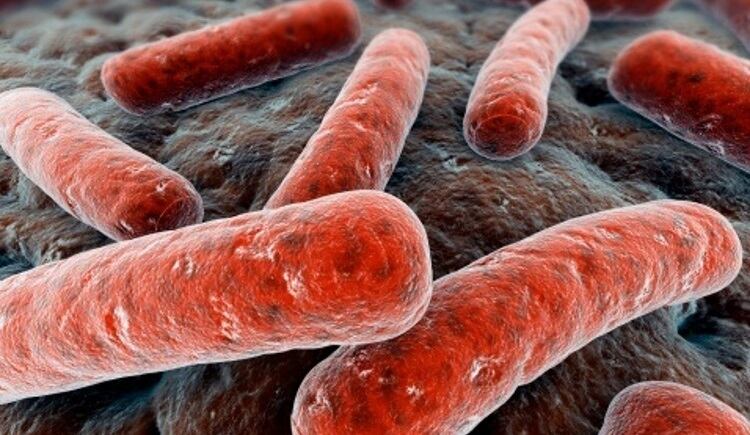Citing existing expert scientific evidence, reinforced by a recent report from the World Health Organization and United Nations, FSS advises that the presence of any STEC in a ready-to-eat food is a potential risk to health, and could cause food poisoning.
This advice has been given to local authorities, the food industry and consumers to ensure there is no room for misunderstanding, and is supported by Scotland’s chief medical officer and the following public health bodies:
- Health Protection Scotland
- Directors of Public Health in Scotland
- The Moredun Research Institute
- Food Standards Agency
- Public Health England
- The Royal Environment Health Institute of Scotland
- Chartered Institute for Environmental Health
- The Scottish E.coli O157/STEC Reference Laboratory
- Faculty of Public Health UK
- Association of Public Analysts Scotland.
Professor Norval Strachan, independent chief scientific adviser for FSS, said: “STEC, or Shiga Toxin-producing E.coli, are a group of different types of E.coli bacteria found in the guts of animals such as cattle and sheep, which can make their way into the food chain via the animals’ faeces. Illness caused by STEC can be very serious for young children and older people in particular, and can cause severe disease, and even death. As few as 10–100 cells of STEC can cause infection.
“This statement has been given to clarify the position with regard to STEC in ready-to-eat food in Scotland, to ensure public health is protected. This remains Food Standards Scotland’s paramount concern. Our decisions are always evidence-based and taken in the best interests of consumers.”
STEC infection typically causes abdominal pain and diarrhoea, which is often bloody. The impact of STEC infection can be variable, but it is particularly dangerous for vulnerable groups, especially children under five years of age and the elderly. Some people may go on to develop very serious complications such as haemolytic uraemic syndrome (a cause of kidney failure) and, in a small number of cases, infection may prove fatal.
The Food and Agriculture Organization of the United Nations and World Health Organization report stated: “It is not prudent to regard any STEC strain as being non-pathogenic or not posing a health risk, as all STEC strains probably have the potential to cause diarrhoea and to have the potential to cause diarrhoea and be of risk, especially to susceptible individuals.”




